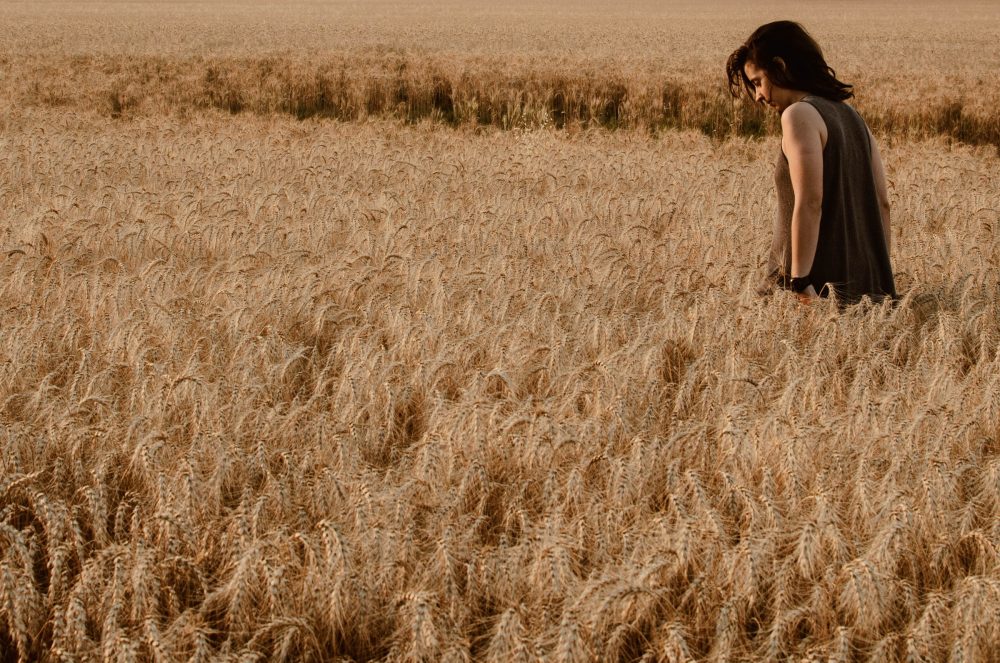Fr Paolo Consonni, MCCJ
O’Clarim 16 Sunday Ordinary Time Year A
“Let both weeds and wheat grow together until the harvest; and at harvest time I will tell the reapers: ‘Collect the weeds first and bind them in bundles to be burned, but gather the wheat into my barn.’” (Mt 13:30)
The weeds mentioned in the parable (Mt 13: 24-43) are well-known by farmers all over the world. In Greek, they are called zizánia. They are very difficult to uproot because they closely resemble wheat in appearance. Only when the ears appear, can the two be distinguished. The ears of wheat are heavy and will droop, while those of weeds are dark, light and upright. Weeds’ roots are also quite extensive and capable of uprooting the wheat if they are forcibly pulled out.
For these reasons, the parable might be interpreted as an invitation to tolerance and patience. In other words, good and evil are inseparably intertwined, both in our personal lives and in the larger society, even in the Church. To try and uproot evil in an untimely and violent way can cause collateral damage and harm the good which is also present. History has often witnessed the suffocation of the freedom and rights of innocent people by those who are trying to violently “eradicate” evil from their environment, without enduring success.
God seems to adopt a different strategy, as explained in the parable, but God’s patience is not so easy to understand. Pope Benedict XVI said in his first homily as pope: “How often we wish that God would show himself stronger, that he would strike decisively, defeating evil and creating a better world. All ideologies of power justify themselves in exactly this way, they justify the destruction of whatever would stand in the way of progress and the liberation of humanity. We suffer on account of God’s patience. And yet, we need his patience. God, who became a lamb, tells us that the world is saved by the Crucified One, not by those who crucified him. The world is redeemed by the patience of God. It is destroyed by the impatience of man” (April 24, 2005).
Jesus’ parable suggests that the coming of the Kingdom of God is not solely the consequence of external or structural changes. It comes about through the inner growth of goodness which occurs in the hearts of the people, in their relationships and undertakings. It is a slow and silent growth. Only in this way God’s Kingdom, far from being impotent in front of evil, transforms people and situations even vis-a-vis realities which are very intricate. Reading the parable, we have the impression that the owner of the field has strong faith in the fact that the wheat will be abundant despite the presence of weeds. The wheat will not be overcome by them. This optimism in facing the complexity of human history is essential to be able to put into practice the Gospel in difficult and even hostile situations.
But we should not be too naïve and think that the presence of the weeds is not important. The weeds actively compete with the wheat for water and nutrients, hindering the possibility for the wheat to grow and thrive. Also, weeds are toxic. If their grains are not carefully separated from those of wheat, the resulting flour will be adulterated and produce poisonous food. No wonder Jesus describes the weeds in quite unequivocal terms: “The weeds are the children of the evil one, and the enemy who sowed them is the devil” (Mt 13:38-39). While prudence, tolerance, and patience must be the style of Jesus’ followers in our complex society, at the same time the Church is called to recognize and name the evil with its proper name. But the Church must never fight evil with evil. As St. Paul exhorted, “Do not be overcome by evil, but overcome evil with good” (Rm 12:21).
While it is impossible to completely separate the “weeds” from the “wheat” in the course of our human history, Jesus assures us that there will be a harvest time, when good and evil will be clearly sorted out and dealt with. That will be the day of final judgment. Till then, in order to avoid making wrong judgments or making hasty and harmful decisions, we are called to discern in what ways we can help the growth of goodness in our lives and in society.
The word “discernment” actually derives from the Latin word “discernere,” which means “to separate”. In practicing spiritual discernment, through a prayerful and humble examination of conscience and meditation of the Scriptures, we can begin the process of separation, which, if done with patience and focused on the growth of good wheat, can help us to make good decisions, live fruitful lives and have an optimistic attitude toward the power of goodness. We desperately need this kind of hope in these difficult times.


 Follow
Follow


